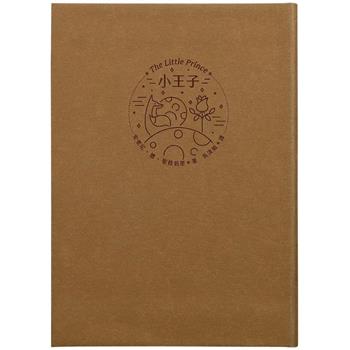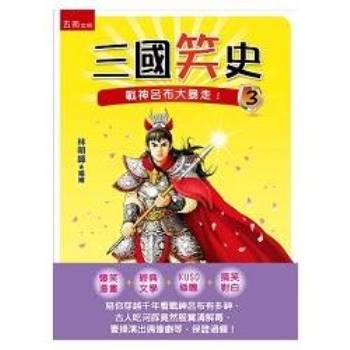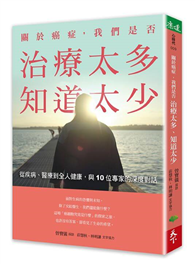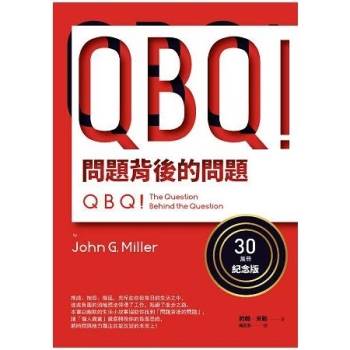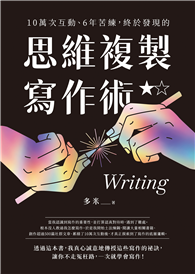A practical guide to the Norse shamanic techniques of seiðr
- Explains the techniques used to achieve trance in seiðr, how to journey in the Nine Realms, and the different gods and spirits you may encounter - Discusses the tools of seiðr, such as the seiðr staff and hood, and how to create them, empower them, and care for them - Details Norse divination methods, ways to alter fate, healing techniques, the use of protective songs, and the practice of Norse soul retrieval While Norse rune work is well known, there is another major ancient Norse magical practice: seiðr (pronounced "sayther"), a form of trance spirit work and divination. Although seiðr is often considered an ancient form of witchcraft, recent archaeological evidence suggests it is more closely related to shamanism. In this practical guide to seiðr, Dean Kirkland, Ph.D., reconstructs the magical and shamanic techniques of the seiðr priest or priestess using the sagas and other literature from the Viking age, tools found in the archaeological record, and surviving indigenous shamanic traditions. He addresses the misconception that seiðr was a practice reserved only for women and shows how anyone called to this work would have been accepted in ancient Norse society. He discusses the tools of seiðr and how to create them, empower them, and care for them. He explores the use of protective songs (varðlokkur) that involve forming bonds with spirits, a practice he likens to the medicine songs of Amazonian shamans. He explains the techniques used to achieve trance in seiðr and how they are based on finding balance between the light and the darkness. Looking at trance journeying in the Nine Realms of the Norse cosmos, the author discusses the different gods and spirits the seiðr practitioner may encounter in the Upper Realms, the Middle Worlds, and the Lower Realms. He shares exercises on the Wyrd, divination methods in seiðr, as well as ways to alter rlög, or fate, through spiritual work. Discussing soul-healing techniques in seiðr, the author looks in depth at the Norse shamanic practices of soul retrieval and reintegration of the soul parts. He then explores seiðr’s role in death, dying, and dealing with the dead, including work with the Valkries and the ancestors. Presenting a historically based handbook for contemporary heathens, this book offers a practical path for anyone seeking to explore Norse trance magic and mysticism.| FindBook |
有 1 項符合
Seiðr Magic: The Norse Tradition of Divination and Trance的圖書 |
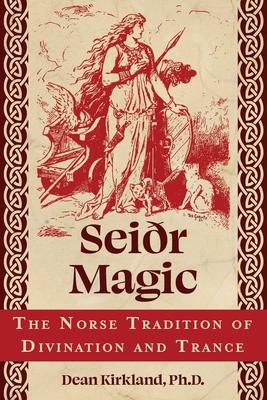 |
Seiðr Magic: The Norse Tradition of Divination and Trance 作者:Kirkland 出版社:Destiny Books 出版日期:2024-04-02 語言:英文 規格:平裝 / 240頁 / 22.86 x 15.24 x 1.52 cm / 普通級/ 初版 |
| 圖書館借閱 |
| 國家圖書館 | 全國圖書書目資訊網 | 國立公共資訊圖書館 | 電子書服務平台 | MetaCat 跨館整合查詢 |
| 臺北市立圖書館 | 新北市立圖書館 | 基隆市公共圖書館 | 桃園市立圖書館 | 新竹縣公共圖書館 |
| 苗栗縣立圖書館 | 臺中市立圖書館 | 彰化縣公共圖書館 | 南投縣文化局 | 雲林縣公共圖書館 |
| 嘉義縣圖書館 | 臺南市立圖書館 | 高雄市立圖書館 | 屏東縣公共圖書館 | 宜蘭縣公共圖書館 |
| 花蓮縣文化局 | 臺東縣文化處 |
|
|
圖書介紹 - 資料來源:博客來 評分:
圖書名稱:Seiðr Magic: The Norse Tradition of Divination and Trance
內容簡介
作者簡介
Dean Kirkland, Ph.D., has been a practicing reconstructionist heathen for more than 35 years. A goði, or spiritual/ritual specialist, to Three Castles Heathen Kindred located in the English Danelaw, he is also an associate of the Rune Gild and part of the ritual specialist team for Asatrú UK. He completed his shamanic apprenticeship with the Sacred Trust in Dorset UK and studied traditional Andean shamanism for several years with an indigenous paco. He lives in Lincolnshire, UK.
|

